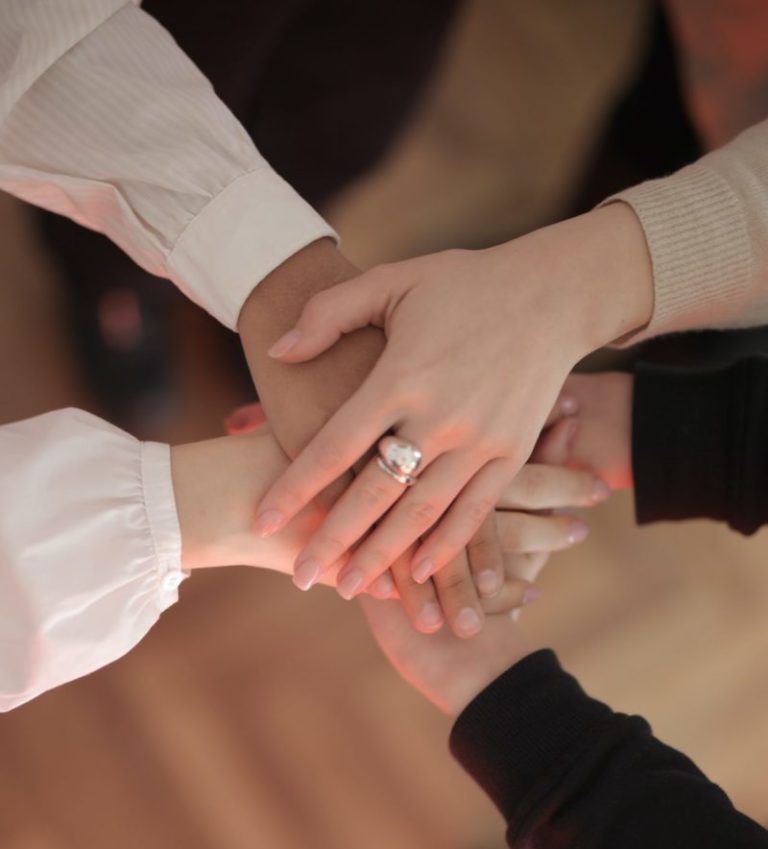Many say that politics is a blood sport. But very few can argue that there…
Taking the Mic: Fearless Women in American Politics

Polls shows that more women than ever are committed to participating in politics, despite recent discouragements. Their willingness is the outcome of a long battle. For much of our history, “stepping up and standing out” was defined as unfeminine and even disloyal.
John Adams put this into words in a 1775 letter to his wife where he praised John Hancock’s bride for avoiding “talk of politics” and remaining “totally silent, as a lady ought to be.” Abigail, he had complained more than once, was prone to sauciness.
Adams echoed etiquette books that counseled women to converse publicly with their eyes only, not “uttering a syllable.” Such restrictions were hard on Abigail, but she complied. Even in letters, she took care so that her feelings on matters like education for girls did not “run away with my pen.” Although Abigail petitioned her husband in 1776 to reform laws that treated women as “the vassals of your sex,” she dropped the subject when John cautioned her against talk which, he said, abetted the enemy.
Each generation since has widened women’s opportunities for participation, while contending with similar accusations. When abolitionists Angelina and Sarah Grimké began speaking publicly in 1837, ministers urged churches to close their doors to “unnatural” women who assumed “the place and tone of man as a public reformer.” They harmed public morality.
In the 1850s and 1860s, the next generation withstood catcalls, hissing, and insults like “bow wow” and “get out” when they mounted podiums to address issues of the day. American women encountered less hostility by the end of the nineteenth century, but the reception was still far from warm. Woodrow Wilson spoke for many when he commented in 1884 that “a chilled, scandalized feeling” overcame him whenever he saw a woman speaker.
Suffrage in 1920 brought more into the political process, yet women who could vote still watched their words. (Black women south of Mason-Dixon remained largely disenfranchised.) Secretary of Labor Frances Perkins, the first woman to serve in a presidential cabinet, worked hard to be perceived as a “quiet, orderly woman” even while spearheading the most dazzling reforms of the New Deal—Social Security and the creation of a minimum wage. Nonetheless, the House Un-American Activities Committee investigated her alone of the president’s advisors.
In the 1960s, the Second Wave of feminism arose in part due to incidents where men tried to shout women off the stage at anti-war and civil rights gatherings, and confine them to ladies auxiliaries of the Republican and Democratic parties. Even conservatives like Phyllis Schlafly complained that men wanted women to remain in the background, “doing the menial work.”
In 2017, Senator Elizabeth Warren was criticized for attempting to read a statement by Coretta Scott King during confirmation hearings for the Attorney General. King’s statement had been admitted into the Congressional record thirty years earlier. Majority Leader Mitch McConnell called for a vote to silence Warren since, “Nevertheless, she persisted.” Hours later, Senator Jeff Merkley was allowed to read King’s statement uninterrupted.
“Stepping up and standing out” takes courage. It’s also the way forward.
Professor Elizabeth Cobbs is the author of Fearless Women: Feminist Patriots from Abigail Adams to Beyoncé.
Join the American University’s Women & Politics Institute for “Women on Wednesdays” on March 1st at 6pm ET to hear more from New York Times best-selling author Dr. Elizabeth Cobbs, who will discuss her forthcoming book, Fearless Women: Feminist Patriots from Abigail Adams to Beyoncé, a “passionate and inspiring book” that shows us the “quest for women’s rights is deeply entwined with the founding story of the United States.” Order the book here. Details and registration here.






